It's not like the sport hasn't recently tried. The World Squash Federation (WSF)'s bids for inclusion were unsuccessful for the Games in 2012, 2016, 2020, and now 2024. It certainly is a head-scratcher, as there are so many boxes checked for what fits as an Olympic sport.
So, here's my pitch:
History
Similar to its racket sport cousin badminton, squash has its origins in the British mid-1800s. The first national association for squash, now U.S. Squash, was formed in 1904, and the oldest squash tournament, the British Open Squash Championships, were first held in 1929. The Professional Squash Association (PSA) World Championships separated from the British Open as a stand-alone event in 1976, and is now considered the crowning event to the seasonal PSA World Tour.
Diversity
It's truly a global sport. The WSF counts 50,000 courts worldwide, and a membership of almost 150 nations. The top 10 seeds for the World Championships across both men's and women's fields represent eight different nations and all six continental regions: Africa (Egypt), Asia (India), Europe (France, Great Britain), North America (United States), Oceania (New Zealand), and South America (Colombia, Peru). Players from Switzerland, Latvia, Canada, Mexico, Spain, Hong Kong, Germany, Netherlands, South Africa, Czech Republic, and Belgium are also in the fields. Legendary players in squash history have also come from Malaysia (Nicol David), Pakistan (Jansher Khan) - both eight-time world champions - and Australia (five-time winner Sarah Fitzgerald). Athletic Stars
These are serious, professional athletes. The World Championship total pot is $1 million U.S., while the prize for World Tour events can reach $175,000 U.S. for both men and women. Nicol David, widely recently voted as the World Games Greatest Athlete of All Time, has an estimated net worth over $1 million U.S. from career earnings and endorsements. Nicol David was world champion a record eight times Urban
Squash can be played right within urban centers. New York's J.P. Morgan Tournament of Champions is played inside Grand Central Station. San Francisco's Oracle NetSuite Open is played alongside the Embarcadero's Ferry Building. The World Championships this year will be inside Chicago's University Club. Wherever one might put, say, a breakdancing or 3x3 basketball court, or a beach volleyball sandpit, one could put a squash court. Sustainability
The PSA uses an all-glass, portable court ringed by temporary grandstand seating that is easily transported, set up, and broken down. There's no need to build new infrastructure. Fan Accessibility
And, that glass court allows for spectator intimacy with the action. Similar to tennis, squash tournaments are straightforward single elimination events, so competition is fast-paced and athletic - and can be easily consumed by fans. A tournament with fields of 32 for both men and women can easily be finished in less than a week. The next Olympic opportunity for squash won't be until Los Angeles 2028. But that may be a longshot, too, as baseball and softball are likely to make a comeback. Lacrosse and cricket are making inroads, too. Karate, in for Tokyo 2020 but out for Paris 2024, would also be in the mix. And, it's unlikely a different spot would open up from the existing core sports. Here's French star Gregory Gaultier probably pondering what an Olympic medal would look like around his neck
It's a shame, as the global, engaging nature of the sport fits well within the Olympics. I'm not sure what the reluctance has been - too elite? (more so than golf?), too exclusive? (more than artistic swimming?) not practical? (um, the portable glass court...) not hip enough? (refer back to Nicol David's popularity, for one) - but the diversity, ease of engagement, and history of the sport deserve a spotlight.
It's well past time. This opinion piece originally appeared at gamesandrings.com.
1865
• 0

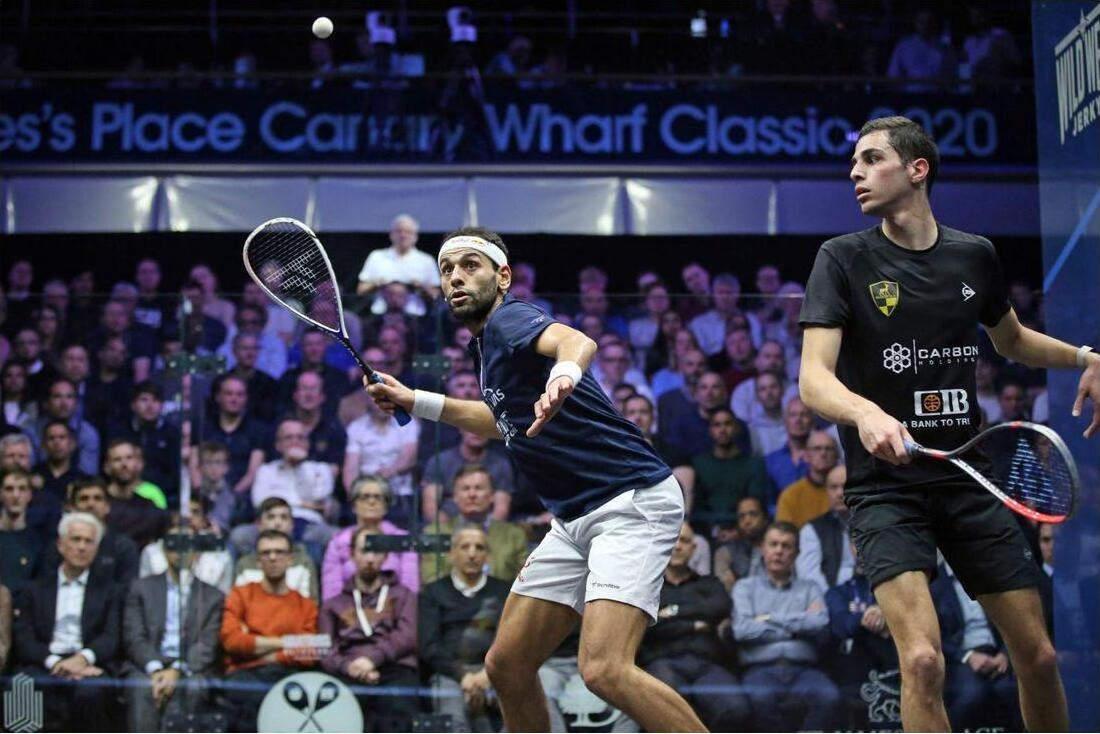

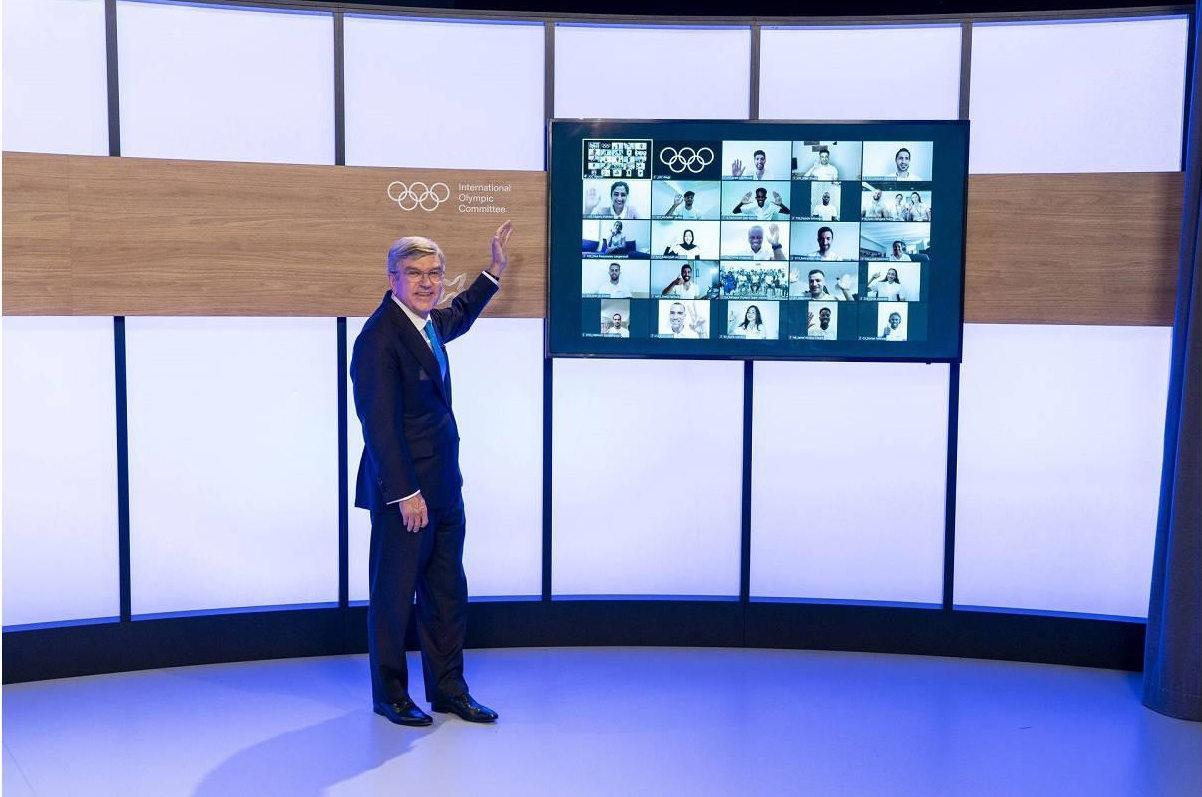
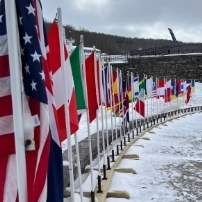
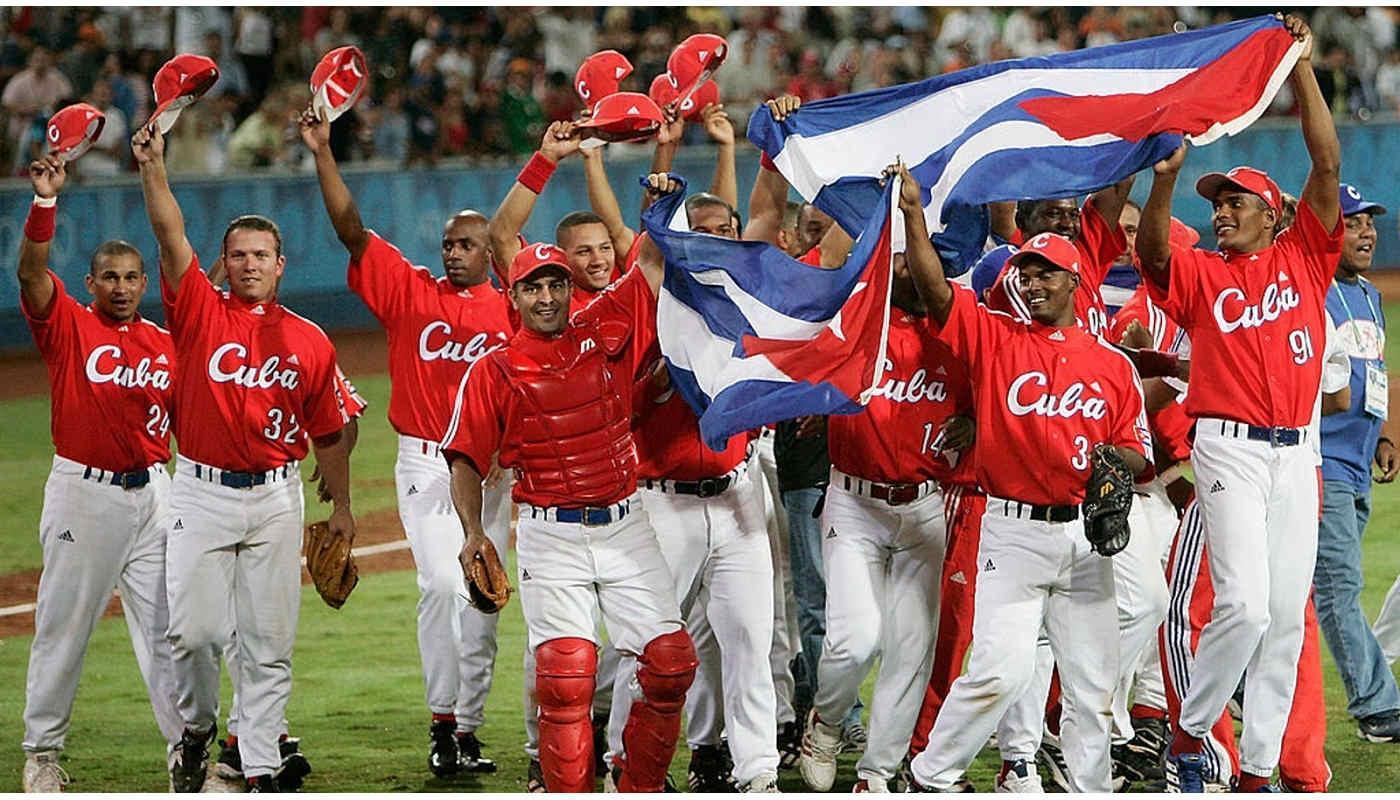
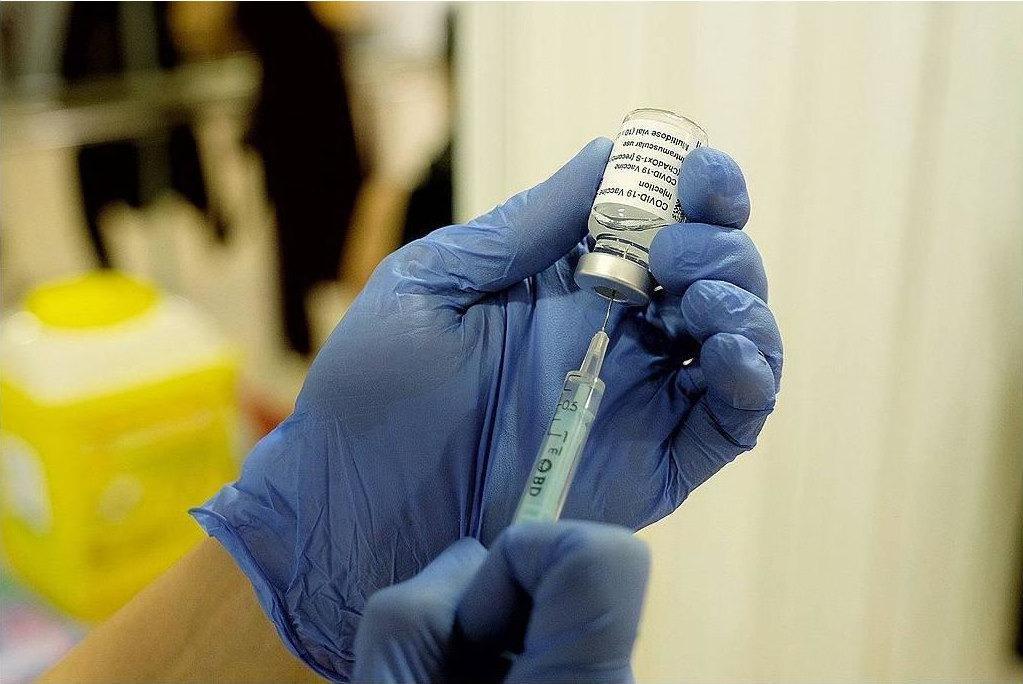
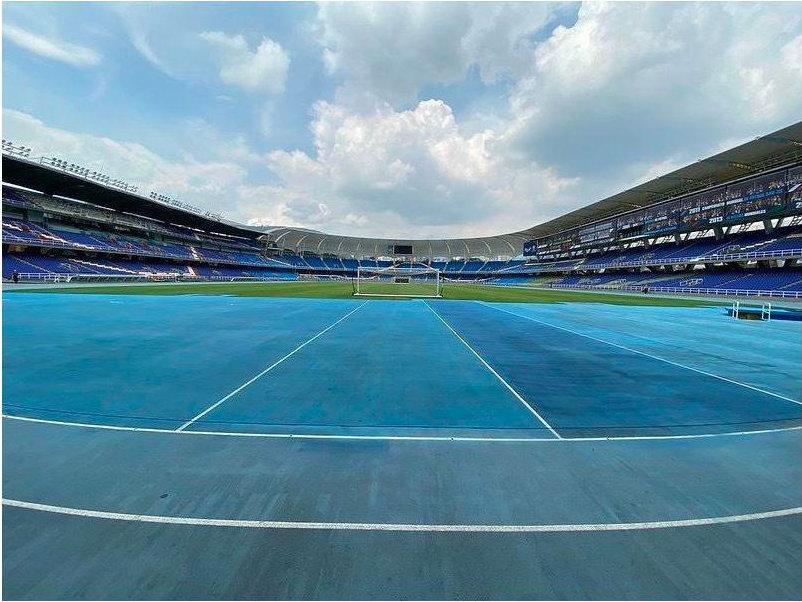
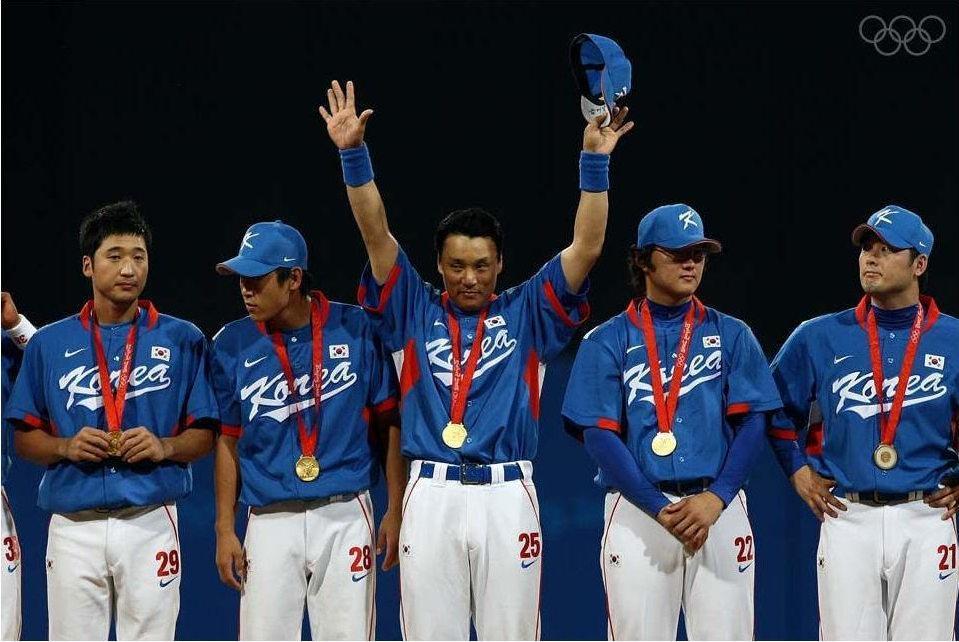
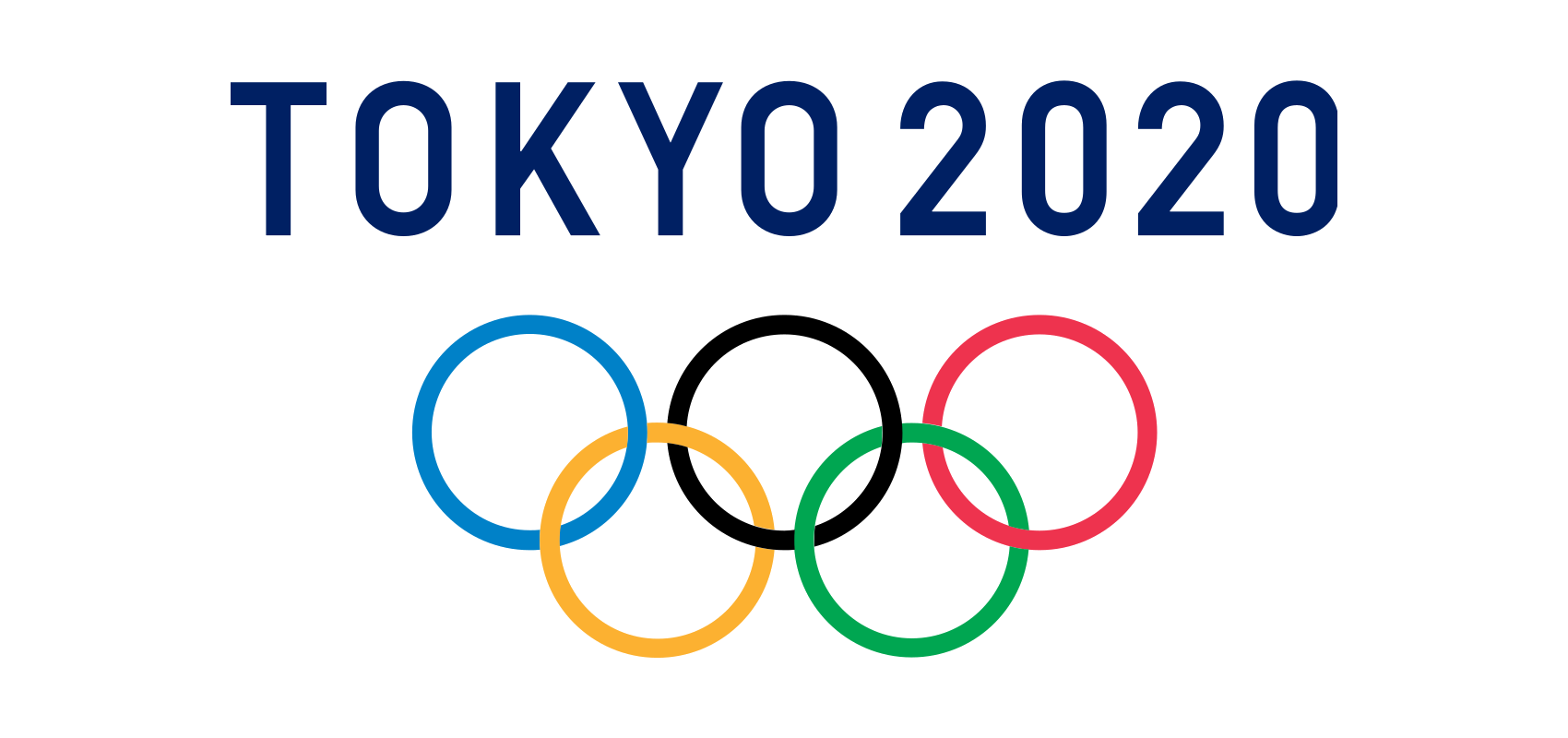

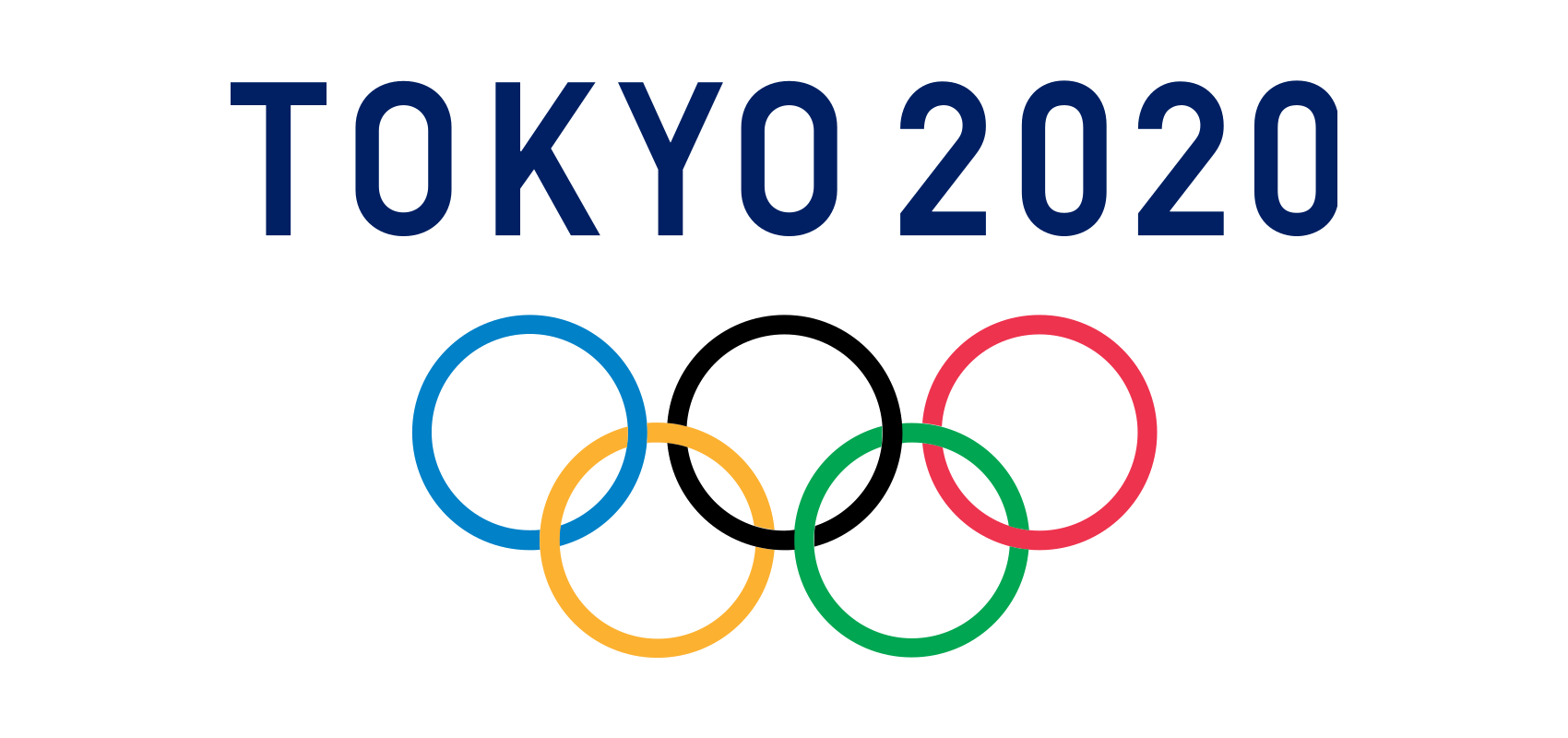

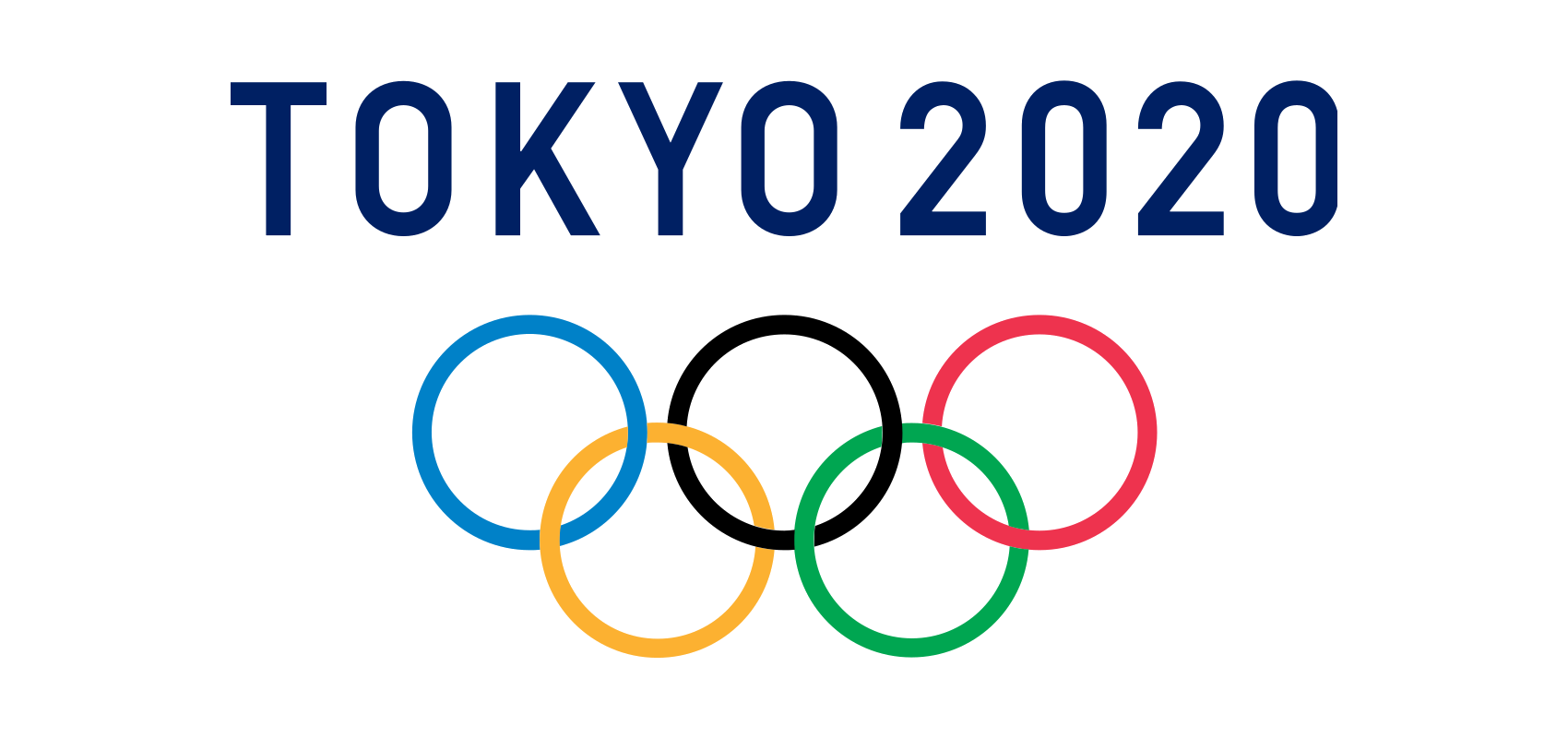
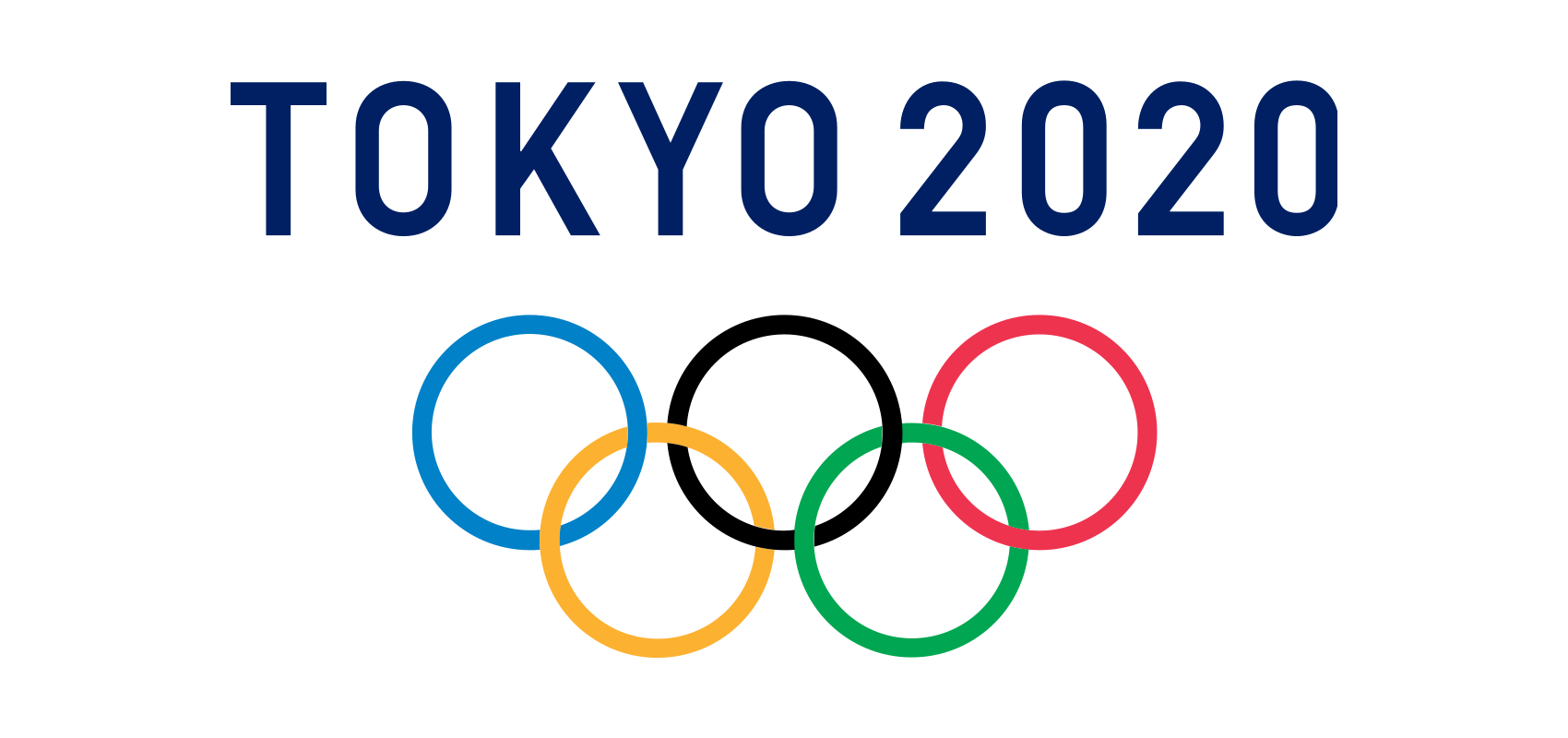
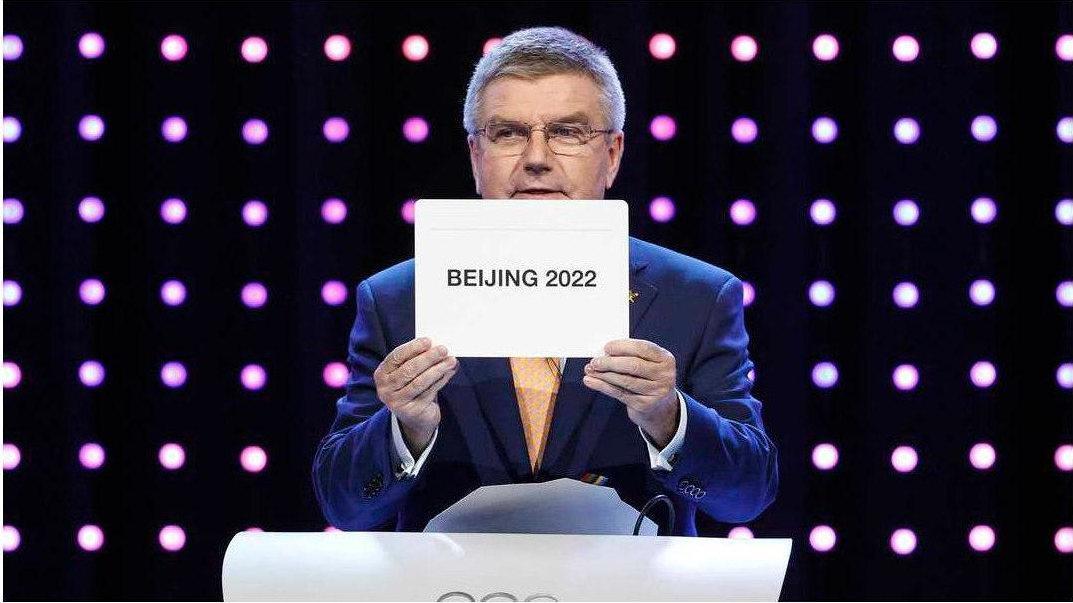
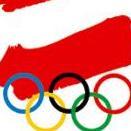

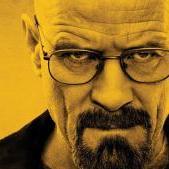

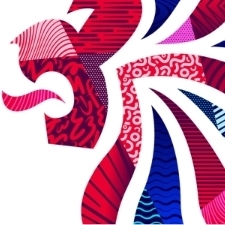
.thumb.png.64ecbe993b85f8359af6eabac82f44c3.png)